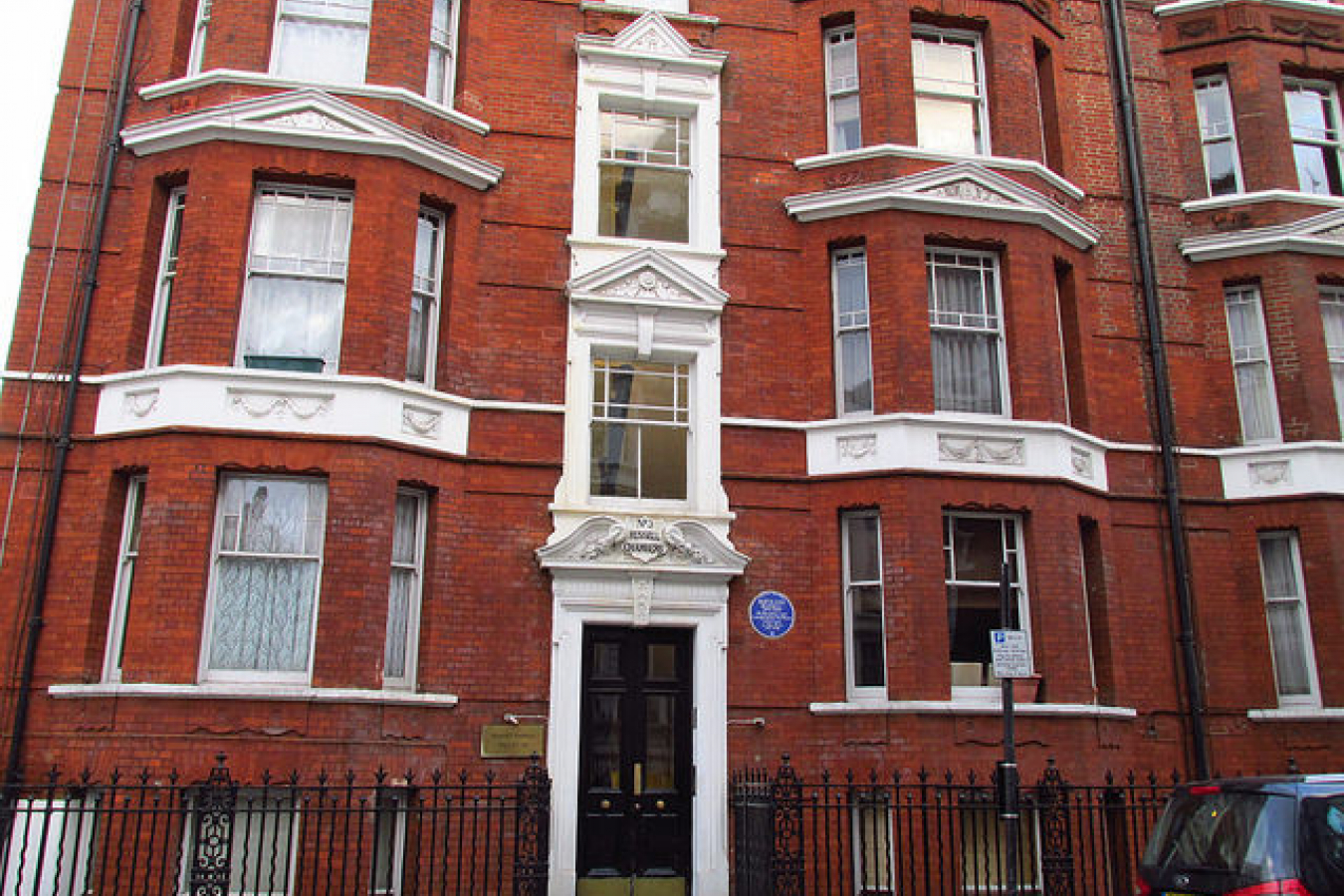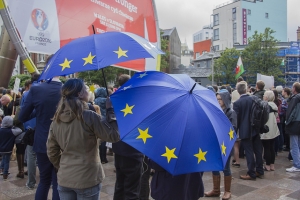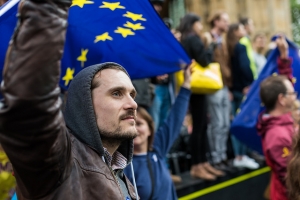Support migrant centric journalism today and donate

The 23rd of June, 2016 will go down as a landmark moment in British history as the day that Britain decided to exit the European Union after 43 years as a member state. Having joined the European Community in 1973, under Tory Prime Minister Edward Heath, it's with a sense of irony that Britain should quit the EU under a Tory government.
Following the referendum on 23 June 2016, the fallout has been rapid. UK Prime Minister, David Cameron resigned his position almost immediately, while a large majority of the UK public were left baffled as to how it happened, including some of the 'Leave' voters. Speculation is rife that some 'Leave' voters voted thinking 'Britain wouldn't really leave.'
Meanwhile, the finger pointing and the theories as to why Britain left continue to rumble on. The 'young generation', whatever you consider that to be, have accused the 'older generation', mainly those over 65, of 'robbing them of their futures.'
UK immigration and reasons for voting leave
However, why did the 17.4 million 'Leave' voters really want to exit the EU? According to a report published by The Telegraph, those in the Remain camp claim that many Leavers have been misled over the issue of UK immigration.
In particular, the Remain camp has said that Leave voters have been promised 'big changes on the UK immigration front.' However, citing Daniel Hannan - a British politician, journalist, and author who is a Member of the European Parliament – the Remain contingent have said that 'those Leavers expecting big changes, will be left disappointed.'
"Remain" has argued that David Cameron's failure to reduce net migration from the hundreds of thousands to the tens of thousands - a pledge made by the Conservative government when they came to power – made an 'out' vote more likely because voters disappointed with the failures of the Government in reducing immigration would see exiting the EU as a way of reducing immigration to the UK.
A poll of 12,369 voters conducted post-referendum by Deputy Chairman of the Conservative Party, Lord Ashcroft, appears to substantiate the theory of the Remain contingent. According to the survey 'one-third of Leave voters chose to back Brexit as they saw it offered the best chance for the UK to regain control over immigration and its own borders.'
However, immigration was a secondary motivator for leaving the EU. Of the Leavers polled, most voted out because they believed that 'key decisions about the UK should be taken in the UK.'
Some support amongst Voters for Leave stance on UK immigration
A poll conducted by YouGov appears to show that many voters were generally sympathetic to the Leave campaign's stance on UK immigration in the build-up to the referendum. The poll shows that Leave voters believed that Brexit would reduce UK immigration volumes.
According to an analysis by anti-immigration group, MigrationWatch - which was recently criticised for misleading reports on UK immigration – they apparently 'corroborated' YouGov's findings, suggesting there was reason to believe that leaving the EU would cut net migration by 100,000 per year.
Apparently, just 2 per cent of respondents surveyed for the YouGov poll felt that remaining in the European Union would reduce UK immigration numbers.
Brexit Campaigners never gave much detail on how leaving the EU would affect UK Immigration
However, the main Brexit backers – Boris Johnson, Michael Gove, Gisela Stuart and Priti Patel – avoided going into the specifics of UK immigration in the event of Brexit. In particular, they avoided promising Britain how far they could cut immigration, but instead made the claim that the country could 'take back control of its borders.'
Michael Gove even suggested that Brexit could result in even more immigrants arriving on Britain's shores, but mostly from outside the EU as a result of the country 'no longer pursuing a racist privileging of European citizens.'
UKIP leader Nigel Farage – an avid supporter of exiting the EU – declined to specify just how much UK immigration numbers would be cut by, if at all, following Brexit. Given the backlash David Cameron has faced for quoting a figure and failing to reach it, it's understandable why Brexit backers are reluctant to give a number.
It's unlikely that those supporters of Brexit will ever suggest how much UK immigration numbers can be cut following Britain's exit from the EU. However, this hasn't prevented Remain campaigners from stoking the idea that the Leave contingent knowingly misled voters in the build-up to the referendum.
It would appear that what Brexit backers have termed 'taking back control', has been interpreted by Leave voters as 'plans to cut' UK immigration numbers. However, the reality is that only time will tell what Brexit means for UK immigration.





















